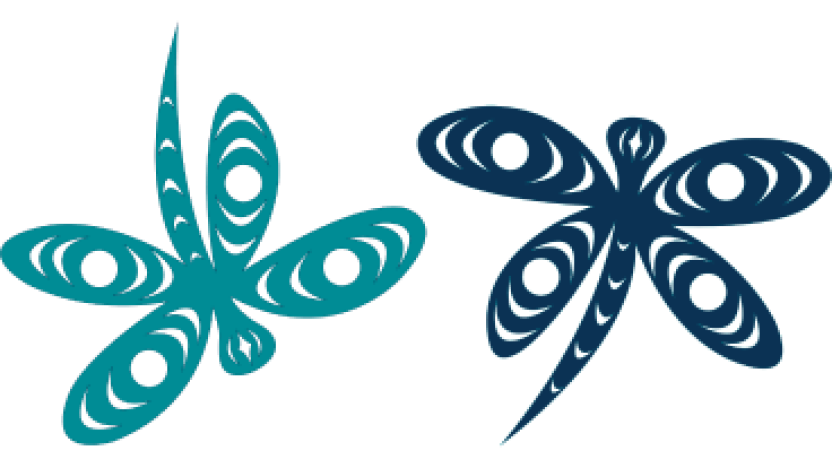Household Hazardous Waste (HHW) is any waste from your home that you consider to be dangerous or that you are unsure about. This includes any leftover household product that is marked flammable, corrosive, explosive or poisonous.
Some common examples are:
- pesticides
- varnishes
- paints
- cleaners
- batteries
Items Accepted
Below is a detailed list of household hazardous waste items accepted from residents for no charge at the Hartland Public Drop-off Depot.
Preparation Instructions
Waste products must be properly packaged so staff can identify and safely handle them. When preparing your products, please refer to the following guidelines:
- Keep HHW in its original container. If the original container is damaged or leaking, place the entire damaged container and product in a second container made of similar material. Transport them together.
- If there is no original packaging but you know what the product is, clearly label the container. If you don’t know what type of HHW you have, you can still bring it to the Hartland Depot, but you must drop it off on the yellow table and speak with a staff member before you leave.
- Never mix HHW products together.
Transportation Instructions
When transporting HHW, make sure it’s kept in a secure upright position in the trunk of a car or bed of a truck. If traveling from a Gulf Island, review BC Ferries’ procedure on transporting dangerous goods.
When you arrive at Hartland, inform the scale attendant at the gate of what type of HHW you’ll be dropping off. They will tell you where to go and if you’ll need to speak with Hartland staff for additional information.
Non-profit or Commercial Customers
HHW is only accepted from residential sources, in residential quantities, within the capital region. Commercial customers and non-profits can only bring HHW that originated from residential sources and must fill out a declaration form [PDF/197KB] prior to arriving at the Hartland Depot.
Commercial Waste Haulers
In addition to a declaration form, commercial haulers must have a licence to transport and a manifest for waste amounts greater than as prescribed by the Hazardous Waste Regulation section 46 (1) Table 1.
Loads should match the approved application and be from one generator only. Large quantity loads may be rejected. Large quantities are amounts higher than those normally stored by a resident.
Haulers must inform the resident that there is no cost for disposal, only hauler charges.
Non-profit Recycling Organizations
Registered non-profit recycling organizations are permitted to deposit HHW that has been received inadvertently through their operations. When completing the declaration form, the organization is considered the generator.
Other drop-off locations
There are a number of locations in the province where materials such as batteries, paints, solvents, pesticides, gasoline, oil and antifreeze, as well as pharmaceuticals, can be dropped off for free. Visit the What Goes Where page to see other options.

